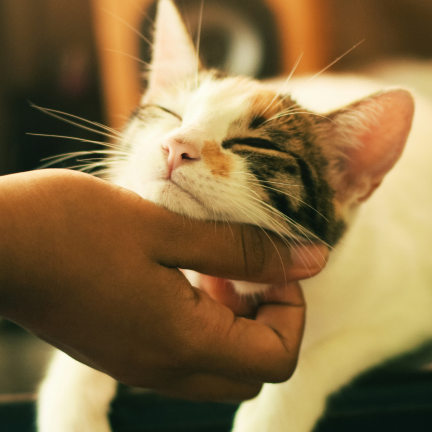Blog:What is a Common Behavior Problem in Pet Birds?

Owning a pet bird can be an incredibly rewarding experience, but it also comes with its own unique set of challenges. As exotic pets, birds require specialized care and attention to ensure their well-being and happiness. One of the most common issues pet bird owners face is dealing with behavior problems. These can range from aggression and excessive vocalization to more complex issues that can significantly impact the bird's quality of life and the owner-pet relationship.
Common Behavior Problems in Pet Birds
Birds require specialized care and attention to ensure their well-being and happiness. One of the most common issues pet bird owners face is dealing with behavior problems. These can range from aggression and excessive vocalization to more complex issues that can significantly impact the bird's quality of life and the owner-pet relationship. Some of the most common behavior problems in pet birds include:
- Aggression: This can manifest as biting, lunging, or other hostile behaviors directed towards the owner or other household members. Aggression can stem from various factors, such as lack of socialization, fear, or territorial behavior.
- Excessive Vocalization: Constant screeching, screaming, or other loud vocalizations can be disruptive and problematic, especially in close-knit living spaces. This behavior can be a sign of boredom, stress, or a need for attention.
- Feather Plucking: This self-mutilating behavior, where the bird pulls out its own feathers, can be a sign of underlying physical or psychological issues, such as stress, boredom, or medical problems.
- Screaming: Prolonged, high-pitched screaming can be a common problem, particularly in certain species like cockatoos and macaws. This behavior can be triggered by various factors, including loneliness, lack of stimulation, or even a simple desire for attention.
- Biting: Biting, whether directed at the owner or other household members, can be a significant safety concern and a challenging behavior to address. Biting can stem from fear, aggression, or a lack of proper socialization.
Understanding the underlying causes of these behavior problems is the first step in addressing them effectively.
Understanding the Causes of Behavior Problems in Pet Birds
Behavior problems in pet birds can have a variety of underlying causes, and it's essential to identify the root of the issue to effectively address it. Some of the common factors that contribute to behavior problems in pet birds include:
- Lack of Proper Socialization: Birds that are not properly socialized during their critical developmental stages may develop behavioral issues, such as aggression or fear of human interaction.
- Stress and Anxiety: Birds are sensitive creatures, and factors like changes in their environment, lack of stimulation, or poor living conditions can lead to stress and anxiety, which can manifest in problematic behaviors.
- Medical Issues: Certain medical conditions, such as hormonal imbalances, pain, or underlying illnesses, can also contribute to behavior problems in pet birds.
- Boredom and Lack of Enrichment: Birds are highly intelligent and require a stimulating environment to prevent boredom, which can lead to destructive or attention-seeking behaviors.
- Improper Diet: An imbalanced or inadequate diet can impact a bird's physical and mental well-being, potentially contributing to behavior problems.
Understanding the underlying causes of behavior problems in your pet bird is crucial in developing an effective plan to address them. By addressing the root of the issue, you can work towards a happier and healthier relationship with your feathered companion.
The Importance of Veterinary Care for Pet Birds
Maintaining the health and well-being of your pet bird is crucial, not only for its overall quality of life but also for preventing and addressing behavior problems. Regular veterinary care is essential for pet birds, as they are susceptible to a wide range of medical conditions that can impact their physical and mental health.
Veterinarians are trained to identify and diagnose a wide range of medical conditions that can affect birds, including hormonal imbalances, nutritional deficiencies, and infectious diseases. Early detection and treatment can prevent these issues from escalating and contributing to behavior problems.
Veterinarians can provide guidance on the appropriate diet and nutritional requirements for your specific bird species, ensuring that your pet receives a balanced and healthy diet, which is crucial for its overall well-being.
In some cases, your bird may require specialized treatments or interventions, such as medication, behavioral therapy, or even surgical procedures. Avian veterinarians are equipped to provide these specialized care services.
Schedule an Appointment with Westminster Veterinary Group Today
By understanding the common behavior issues, their underlying causes, and the importance of veterinary care, you can take proactive steps to promote a happy and healthy life for your feathered friend.
If you're struggling with your pet bird's behavior problems, reach out to Westminster Veterinary Group. We can provide the specialized guidance and support you need to address the root causes and promote a happy, healthy life for your feathered companion. Visit our office in Westminster, California, or call (714) 899-1100 to book an appointment today.



